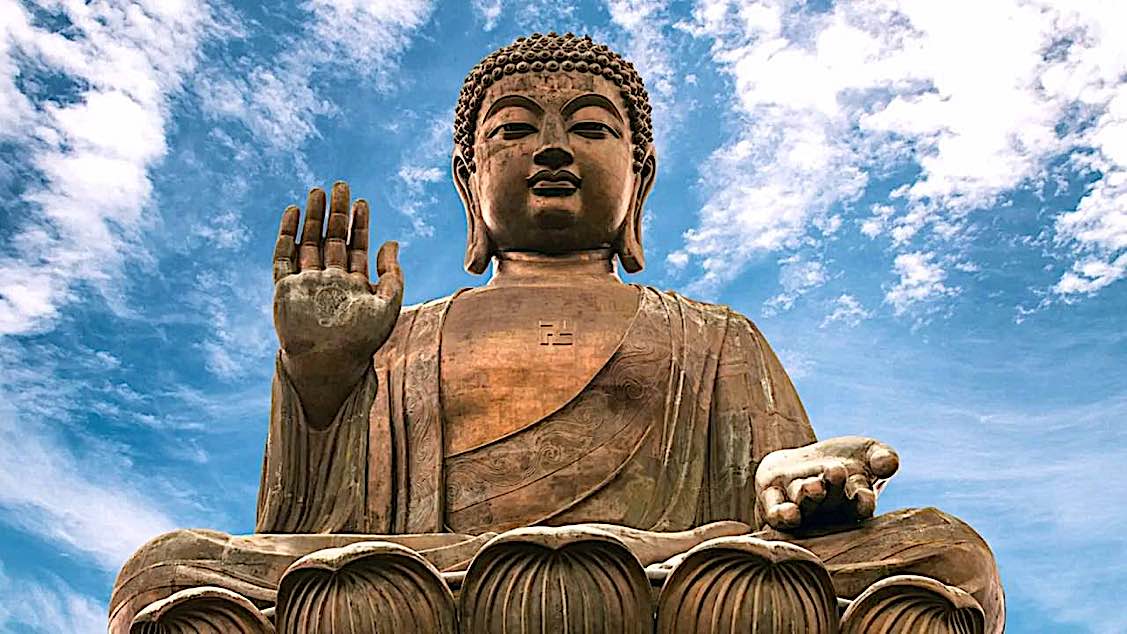Section V. The Way to a Fortunate Rebirth

The Buddha likens sentient beings to lotus flowers in various stages of growth within a pond. Some, like lotuses near the surface, are capable of awakening quickly through exposure to his teachings. However, most people are like lotuses deep underwater. They benefit from the teachings (likened to sunlight) and need time to mature and attain realization, often over many lifetimes. This spiritual journey requires cultivating wholesome qualities and avoiding rebirth in realms of misfortune, instead seeking rebirths conducive to further spiritual progress.
The Buddha explains that our actions (kamma, or karma) significantly influence this process. Kamma refers to intentional actions driven by volition, which can manifest mentally, verbally, or physically. These actions, whether good or bad, create potential for corresponding results (vipāka) or fruits (phala) to arise in this life or future lives, governed by the ethical nature of the actions.
- The Law of Kamma
- Four Kinds of Kamma (AN 4.232)
- Why Beings Fare as They Do after Death (MN 41)
- Kamma and Its Fruits (MN 135)
- Merit. The Key to Good Fortune
- Giving
- Moral Discipline
- Meditation
- The Development of Loving-Kindness (It 27)
- The Four Divine Abodes (from MN 99)
- Insight Surpasses All (AN 9.20, abridged)
This is the fifth section of: In the Buddha’s Words: An Anthology of Discourses from the Pali Canon by Bhikkhu Bodhi, published by Wisdom Publications, but linked to the free translations available on SuttaCentral.net.
If you’ve enjoyed these and would like to purchase the print or e-book versions, you can do so here: https://wisdomexperience.org/product/buddhas-words/.

